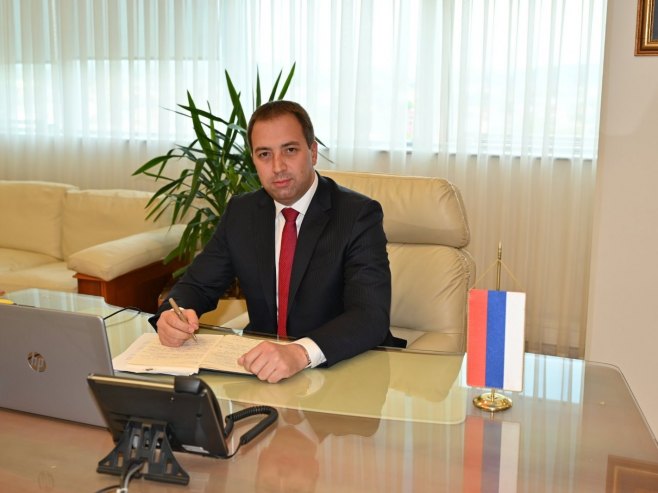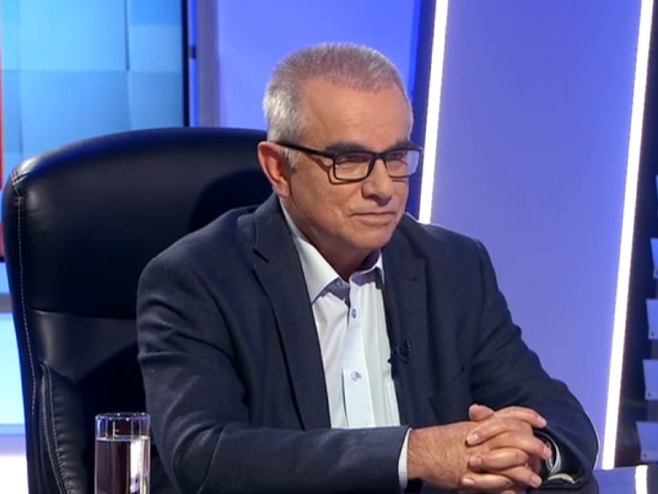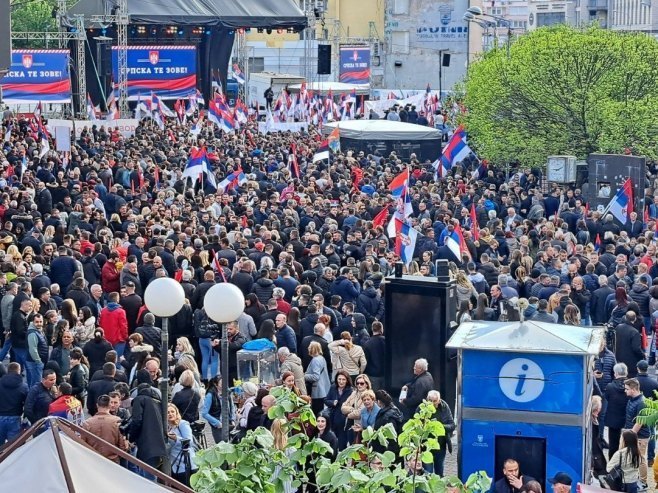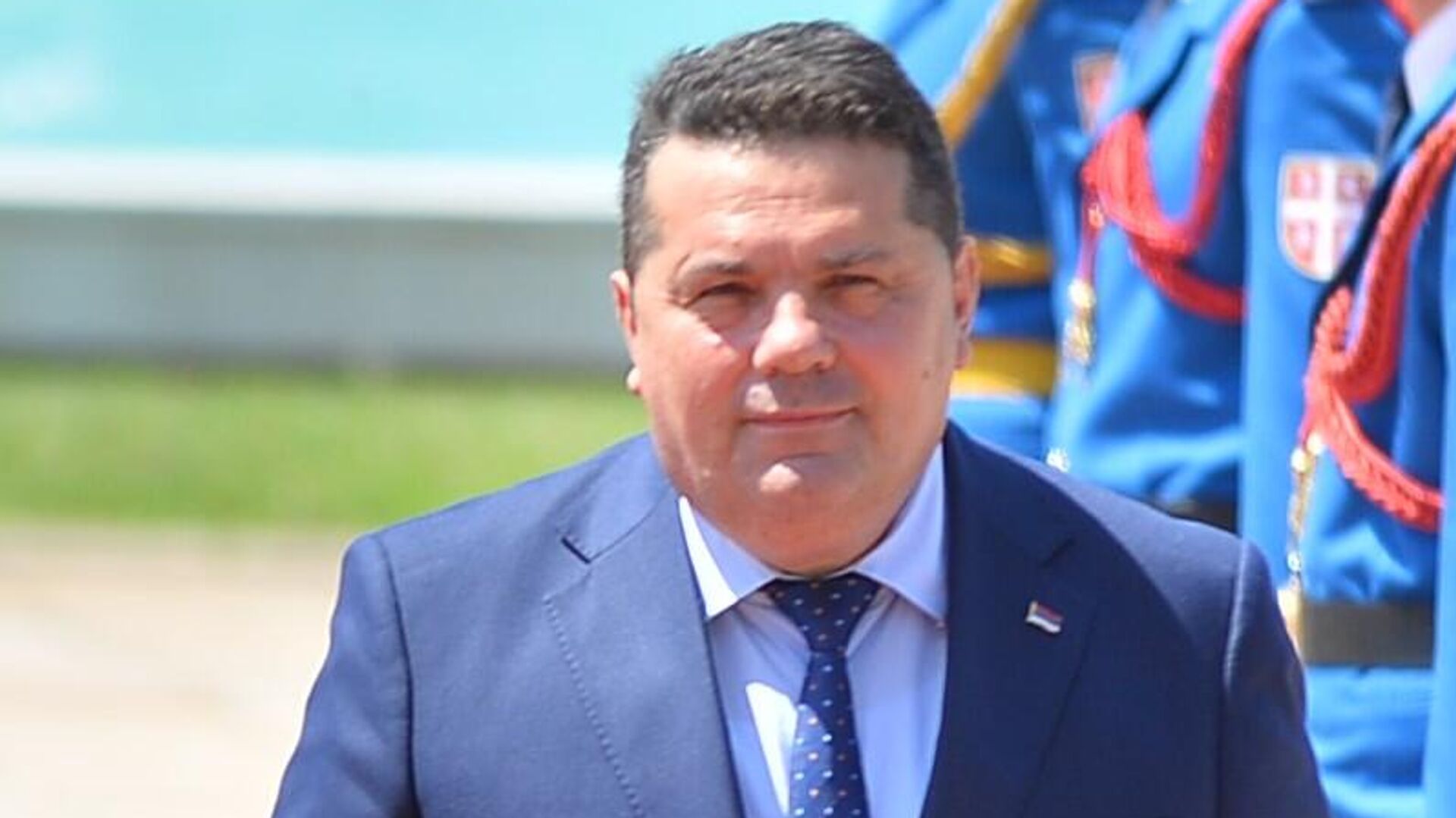The Friedman Institute expresses deep concern over the escalating political crisis in Bosnia and Herzegovina, which threatens not only to destabilize the country itself but also the entire Balkan region, with serious consequences for peace in Europe.
The events of Wednesday evening, April 23, 2025, in which Bosnia’s state police forces (SIPA) attempted to arrest the President of Republika Srpska, Milorad Dodik, and the subsequent intervention by Republika Srpska police to prevent the arrest, are an alarming sign of how rapidly the situation is deteriorating. These developments highlight the very real risk of escalation spiraling into a new civil conflict, reminiscent of the bloody war that devastated Bosnia in the 1990s.
The arrest warrant issued by the Sarajevo Court against Dodik, who is accused of attacking the constitutional order, is an act that—far from fostering stability—deepens existing tensions and stifles dialogue. This move, perceived as a direct attack on the autonomy of Republika Srpska, can only fuel a climate of confrontation and distrust among the country’s ethnic communities. Evidence of this is found in Interpol’s refusal to issue an international arrest warrant, on the grounds that the conviction does not meet the requirements set out in the organization’s statute. Sarajevo’s decision to pursue this path, while ignoring the country’s deep political and cultural divisions, appears as a provocation that risks pushing Bosnia to a point of no return.
We believe that the international community, instead of mediating and encouraging dialogue, is exacerbating the situation by taking sides without regard for the legitimate concerns of all involved parties.
The Friedman Institute urgently calls for respect for the Dayton Accords, which since 1995 have been the cornerstone of peace in Bosnia and Herzegovina, ensuring a delicate balance between the country’s constituent entities. We demand the immediate withdrawal of the arrest warrant against Milorad Dodik—an act that, rather than delivering justice, risks sparking violence and irreparably undermining dialogue and regional stability. History teaches us that such forceful measures do not lead to lasting solutions, but to further division and conflict.
We also express concern over the Islamist tendencies reported by analysts in the country and the rise of radical groups.
We propose that Italy, with its diplomatic tradition and historical role in the Balkans, take the lead in promoting inclusive dialogue among all parties. Likewise, we appeal to the new U.S. administration led by Donald Trump—who has shown a commitment to international stability—to actively engage in fostering a negotiation process that can bring this cycle of tension to an end. Only through open and respectful dialogue that takes into account the aspirations and fears of all communities can peace be preserved and a future of coexistence be built.
The Friedman Institute remains committed to closely monitoring developments and supporting every initiative aimed at preserving peace and promoting reconciliation in Bosnia and Herzegovina. The international community has a duty to act with responsibility and foresight—before it is too late.
This was stated in a release by the Milton Friedman Institute.
Source: Agenzia Stampa Italia Notizie









